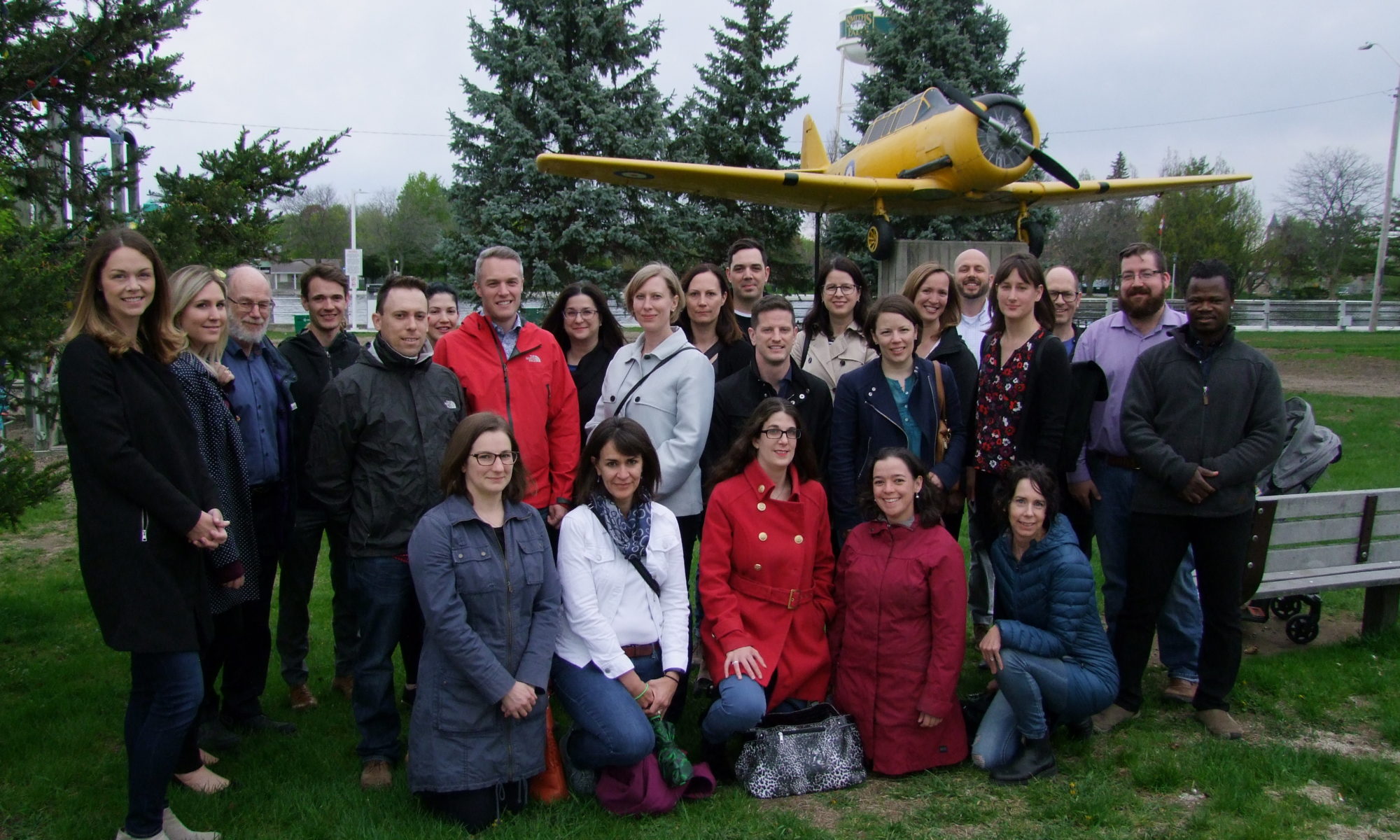
How Canada and Smiths Falls are leading the new global cannabis game
When Tweed comes to town
Smiths Falls’ prospects were dim. Ever since the Hershey factory closed and Ottawa Citizen columnist Randall Denley declared the town dead, economic development had nearly ground to a halt. Then in 2013, a few entrepreneurs running a business called Tweed said they could use up to a third of the old factory to grow medical marijuana if the town let them and got a yes. There were doubters at first but those voices are quieter now that the town of 9 000 is bustling: Everyone has a story about how this new commodity — legalized cannabis in soon to be all its forms — is impacting their day-to-day lives, whether it’s the catering business down the street or the planning office at City Hall. Of course, that company renamed Canopy Growth now employs over 1 000 staff locally and will soon have over one million sq. feet at its disposal.
Now, the story of our renewal and growth is the news. – Mayor Shawn Pankow, Smiths Falls
Public policy played its part. The federal government committed to legalizing cannabis for recreational use setting in motion the major machinery of public service. Adding recreational production to the medical use isn’t what’s propelling Canopy to the big time, it’s the edibles and beverages, which will be legalized this fall, and the research into medical uses for this product which was taboo for so long, which is vaulting this company to cannabis superstardom: The intellectual property and patents will be a major part of what drives its success in the future.
After consulting with the public health officer, the police chief and the manager of the Chamber of commerce, participants took in the community through a quick stroll along the Rideau Canal to the bowling alley where the locals shared their thoughts on cannabis and on hometown golf superstar Brooke Henderson (and their connections to her and her family).
Participants hear from the policy shapers who got us here
When they returned to Ottawa, it was to hear from the federal public servants who starred in this process. While most Canadians don’t know their names (though Paul Saint-Denis did become the public face of the government’s fall 2018 information campaign), they are well-known internally for their ability to navigate the complexity of getting this policy through a maze of departments at the federal level and in each province and territory.
Hearing from Justice Canada’s Mr. Saint-Denis and from Health Canada’s Eric Costen, the participants got an excellent sense of both the leadership skills and the policy levers required to make the government’s promise into a reality. The legalization itself, which is a matter of criminal law, fell mainly to the small team at Justice with the regulations mainly coming from Health. In total, more than 10 departments were involved and almost all federal departments had a stake in the outcomes not to mention those at the provincial and territorial levels who were also engaged.
Keys to success:
- Regular coordination and established lines of communication;
- Building relationships that lead to credibility and trust;
- Focus on the task with a clear mandate and policy principles;
- Be an open book;
- Build in contingencies;
- Have deadlines and flexible approaches;
- Empower people with appropriate supports and controls.
What it’s led to is Canada as the dominant player in the nascent global cannabis industry with Smiths Falls’ Canopy Growth as its largest company with a market capitalization of $23 billion as of May 22 and a global vision of where they are heading. As Canopy Growth’s Founder and Co-CEO Bruce Linton told an Ottawa business crowd back in March ‘if a regulator makes rules, there has to be a winner. We want to be that winner.’ They’ve taken a lot of well-meaning steps by expanding their footprint across the country through acquisitions, with operations in seven provinces, and building a culture that invests heavily in local communities: There is no staff cafeteria as staff are expected to bring business to local restaurants if they forget their lunch and Canopy was instrumental in starting the first pride parade in Smiths Falls last summer.
If you’re going to be a Canadian company, we think you need that representation across the country. – Sean Webster, Director of Stakeholder Relations – Federal and Ontario, Canopy Growth
Participants got the complete picture of the cannabis policy’s impact on the local level and its organization at the federal level. Canada started from scratch and is now the dominant player in what could very well become a significant global industry in the coming years. It comes down to public policy: Canopy praised the outcomes-based approach put in place that allows room for innovation (‘don’t lose product’ rather than ‘here is how to not lose product’) and the continuous consultation that takes place with industry. The next PPLP participants might learn about a very different policy. This group had the benefit of hearing about a complex and fast-moving policy file that they can now follow attentively and knowledgeably as their own careers progress.
Registration now open for PPLP’s second offering
Does this sound interesting to you? Registration for the PPLP’s second offering starting in Sept. 2019 is now open. For all the details, visit the program’s page.





